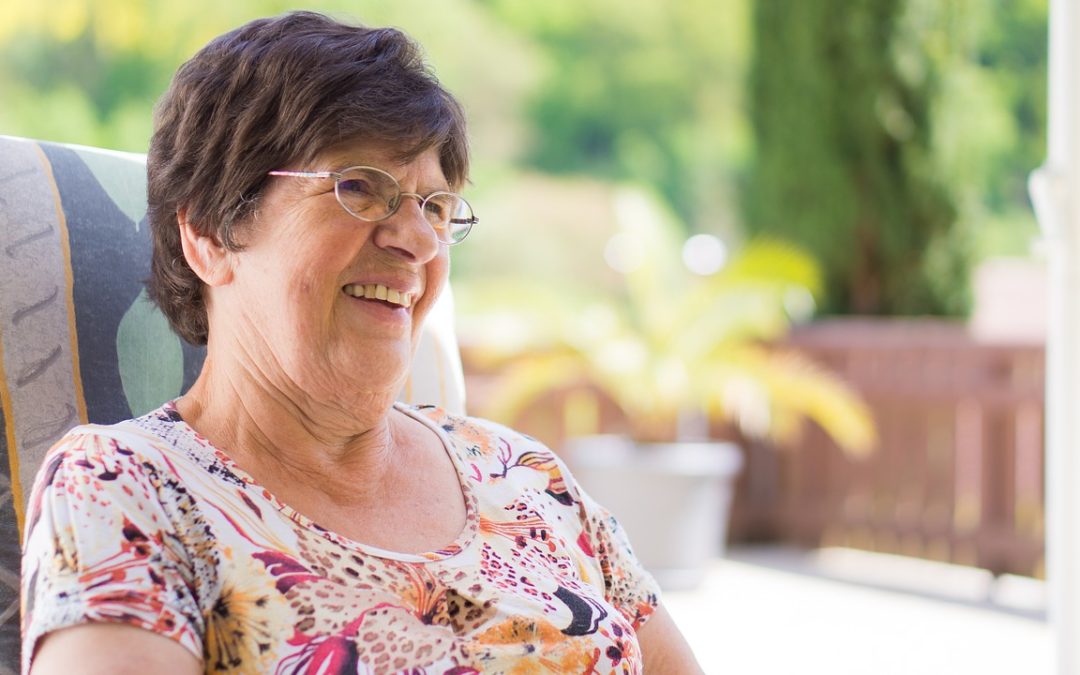Most people only focus on the catastrophic symptoms of dementia, such as extreme memory loss and the inability to communicate. But, the reduction of one’s mental function and the physical effects that coincide with that can lead to a huge decrease in quality of life. You see, as dementia progresses into the more severe stages, sufferers will be limited to what they can do on a daily basis.
The simple activities of daily living (ADLs) that we all complete without thinking twice become a real challenge. Subsequently, the lack of independence causes even more despair, frustration and sadness. Getting dressed, brushing your teeth and having a shower require help from a carer or loved one. Likewise, toileting could eventually become an area that needs support.
These ADLs are essential elements of health and well-being, so the incapacity to perform them is a real shock to some dementia patients. Their pride and the desire to keep their independence can sometimes make them resist help from others. We’ll give you some tips later on to help combat that issue.
Moreover, ADLS can be broken down into 2 distinct factions – basic activities of daily living and instrumental activities of daily living. So, the basic ones relate to everything that you do on a daily basis to take care of your health, hygiene and well-being. On the flip side, the instrumental ones relate to everything that you do to retain your independence and live life on your own terms.
Examples of basic…
- Showering
- Brushing teeth
- Eating
- Dressing
- Toileting
- Movement
- Continence
Examples of instrumental…
- Take medication
- Get out and about
- Laundry
- Shopping
- Making food
- Using a telephone
- Exercise
When dementia worsens, so does your motor control, which is why diseases such as Alzheimer’s are much more than just mental. In fact, the anxiety, irritability and depression are probably the direct results of the realization that you can no longer do the things that have become so habitual over the years.
Despite not being able to avoid this side of dementia, therapy and other strategies can loosen its stranglehold. Here are some things to consider…
Ensure the environment is safe
It’s imperative that safety becomes the main priority when dealing with someone that has dementia. Yes, it’s great to try and give them as much responsibility as possible, but things such as making food can become dangerous; fire burns and knifes cut, so always keep watch.
Allow them to keep trying
Never restrict them from trying to do things. Just doing everything for them can make them feel worse, so when you give them basic tasks to try and complete they’ll feel like they still have responsibility. Don’t think too big, either; even something as simple as vacuuming the living room can help.
Create a routine
A solid routine can make a massive difference for someone with dementia or health decline. When you place the activities of daily living at the same time each day, and in the same place, they can be easier to deal with.


Recent Comments